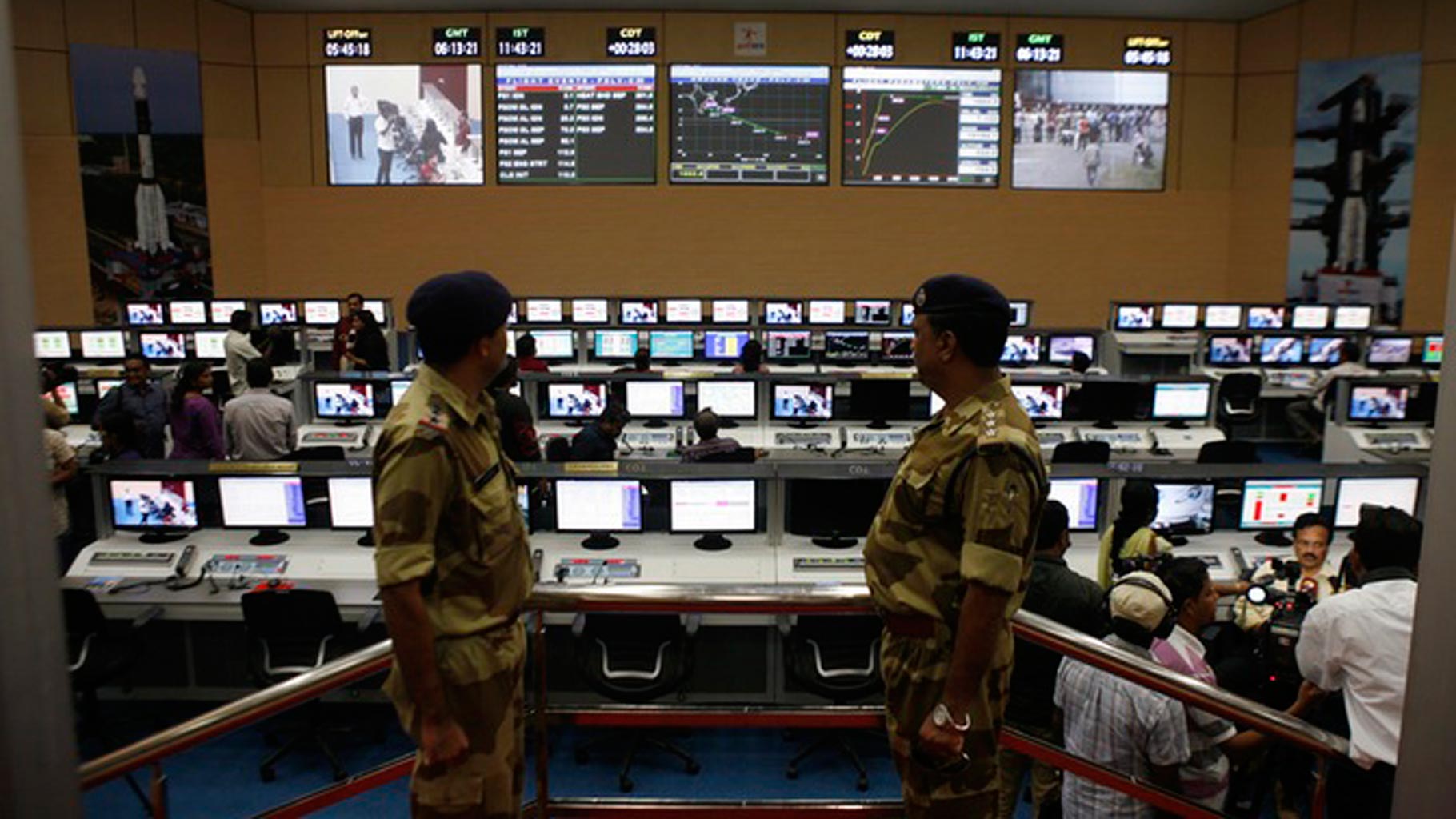A BIT too late

Financial Express | 16 Aug 2016
A BIT too late
Antrix case comes after India has revised and issued a new model treaty
By: Leigh Crestohl
Last month the Permanent Court of Arbitration (PCA) in The Hague handed down an arbitration award concluding that the Indian Space Research Organisation (Isro) and the Government of India had acted unlawfully in cancelling an agreement with Devas Multimedia to lease transponders on two satellites to make available frequency on the S-Band spectrum. The award is based on allegations that India violated its international investment treaty obligations, despite Isro’s defence based on strategic security concerns about limited resources on the S-Band that needed to be preserved for state purposes. The Indian government and Antrix Corporation, the commercial arm of Isro, now face a potential damages claim that some estimate could amount to as much as $1 billion.
The arbitration tribunal concluded that the Indian government’s action in cancelling the contract with Devas breached the duty under the India-Mauritius bilateral investment treaty (BIT) to treat the foreign investors’ investment fairly and equitably and, moreover, that this action amounted to an expropriation of the investment. This case now focuses public attention on important issues about the interplay between treaty obligations to afford fair and equitable treatment to FDI and the state’s freedom and ability to regulate vital matters of public interest such as national security.
Providing adequate protection to foreign investors is a necessary corollary of any growing economy’s FDI strategy. Even if some doubts exist as to whether, in practice, BITs lead to a greater level of FDI, the proliferation in recent years of bilateral and multilateral investment treaties, and the modernisation of many previously existing treaties, suggests at the very least that they play an important role in fostering investor confidence. However, where protections are extended to foreign investors, the state must be careful to ensure that its regulatory responses in the marketplace are not likely to trigger any potential treaty violations. Several developing nations that had acceded to the Washington convention establishing the International Centre for Settlement of Investment Disputes (ICSID), discovered that their freedom to respond to economic circumstances was effectively hindered by BIT obligations. After many ICSID awards granting investor claims arising from government taxation or other economic measures, certain countries took the dramatic step of withdrawing from the ICSID convention. India is not a signatory to the Washington Convention, but it does have bilateral investment treaties in place with more than 70 countries.
The Antrix case comes shortly after a period of reflection during which India has revised and issued a new model bilateral investment treaty that takes into account recent outcomes in the international investor-state dispute settlement system that many critics considered to show a pro-investor bias. The Indian government would now like to revisit existing treaty arrangements in light of a new model BIT which follows the comprehensive work and analysis of the Law Commission as embodied in its report number 260 released in August 2015. The new model BIT retains standard core protections such as fair and equitable treatment, and protection against expropriation, but seeks to redress a number of the perceived inadequacies that had arisen out of previous investment arbitration awards. It demonstrates an apparent resolve to rebalance protections between investors and the host state, and to carve out an acceptable exception for government action in a number of vital areas including, notably, national security.
It is likely that the Antrix case would have had a different outcome had the new model BIT been at issue. It contains an express exception for “any action which (the state) considers necessary for the protection of its essential security interests” and it is further provided in an annex that where this exception is invoked by the state as a defence to a treaty claim, no arbitration tribunal can review that decision. Though any new BITs will, of course, be subject to political and diplomatic negotiation between governments, the recent Antrix award will presumably influence the Indian government’s position in future negotiations, and strengthen the resolve to protect a sphere of state action unhindered by investment treaty guarantees. The impact that this will have on inbound FDI, if any, will remain to be seen once new treaties are concluded and enter into force.
This development comes too late to affect the Antrix case. Isro and Antrix Corporation must take the BIT as it stood at the time, and not as it might exist in the future. Although India’s strategic security concerns struck a chord with the arbitration tribunal, this was not enough to defeat the claim. Isro and its legal team will, nevertheless, consider the award carefully and determine whether sufficient grounds exist to challenge the award. In the past, Zaiwalla & Co Solicitors of London had successfully acted for Isro in an ICC Court Arbitration concerning hundreds of millions of dollars from McDonnell Douglas against Isro concerning damage to satellite INSAT 1b. In this arbitration, the claim against Isro was dismissed by the International Court of Arbitration.
The author is solicitor, Zaiwalla & Co LLP, London, UK





